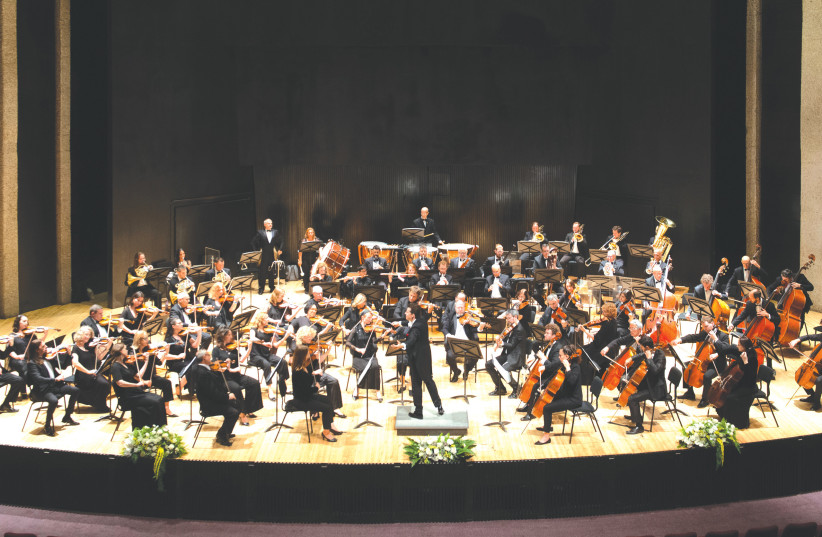Music is a fundamental element in every culture, serving as a universal means of expressing our emotions, feelings, and beliefs. What kinds of music do you like to hear? Pop, rock, jazz, hip-hop, or Beethoven and the Beatles?
This depends not only on the cadences, decibel level and style, but also on your moral values. A new study from the UK and Italy has shown an amazing connection between individuals' musical choices and their moral values, shedding new light on the profound influence that music can have on our moral compass.

<br>Algorithms analyze acoustics and lyrics of songs
The study involved a dataset of over 1,400 participants who completed psychometric questionnaires assessing their moral values and provided information about their favorite artists through Facebook Page Likes. The researchers then extracted acoustic and lyrical features from the top five songs of each participant's preferred artists.
Using algorithms, the team analyzed the extracted features to predict participants' moral values. Various text-processing techniques were used to analyze narrative, moral values, sentiment, and emotions in lyrics. Low- and high-level audio features obtained from Spotify were used to understand encoded information in participants’ musical choices. Musical elements like pitch and tone emerged as crucial predictors for values of care and fairness, while sentiments and emotions expressed in lyrics were more effective in predicting traits of loyalty, authority, and purity.
“Our findings showed that music is not merely a source of entertainment or aesthetic pleasure; it is also a powerful medium that reflects and shapes our moral sensibilities,” commented Vjosa Preniqi, the lead author and a doctoral student at Queen Mary’s. “By understanding this connection, we can open up new avenues for music-based interventions that promote positive moral development.”
The team said the study’s implications extend beyond mere academic curiosity, as it holds the potential to impact how we engage with and use music in diverse aspects of life. The breakthrough can pave the way for applications ranging from personalized music experiences to innovative music therapy and communication campaigns.
“Our research has uncovered an important link between music and morality, paving the way for a deeper understanding of the psychological dimensions of our musical experiences,” concluded Preniqi. “We are excited to continue exploring this rich and uncharted territory.”
